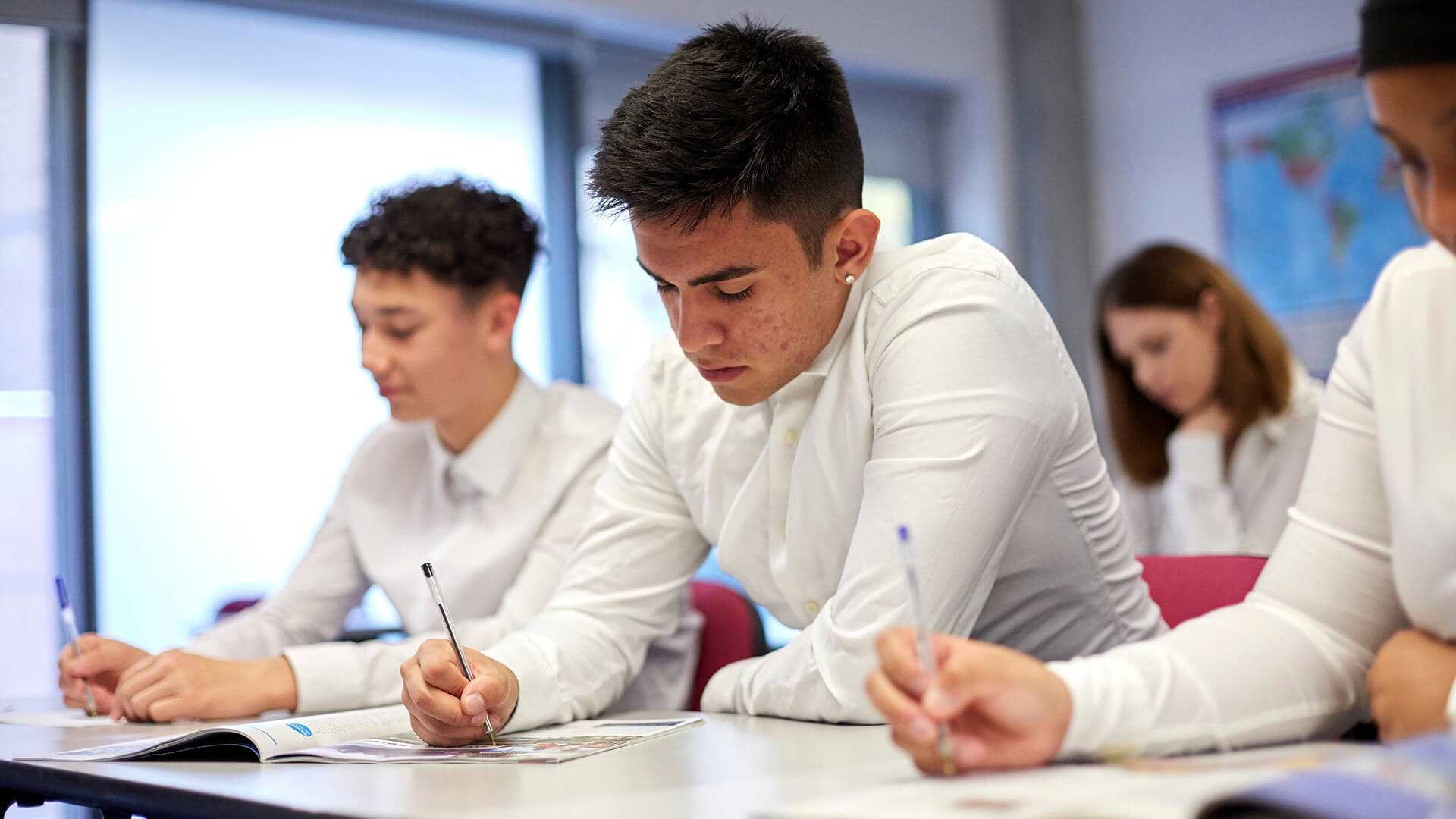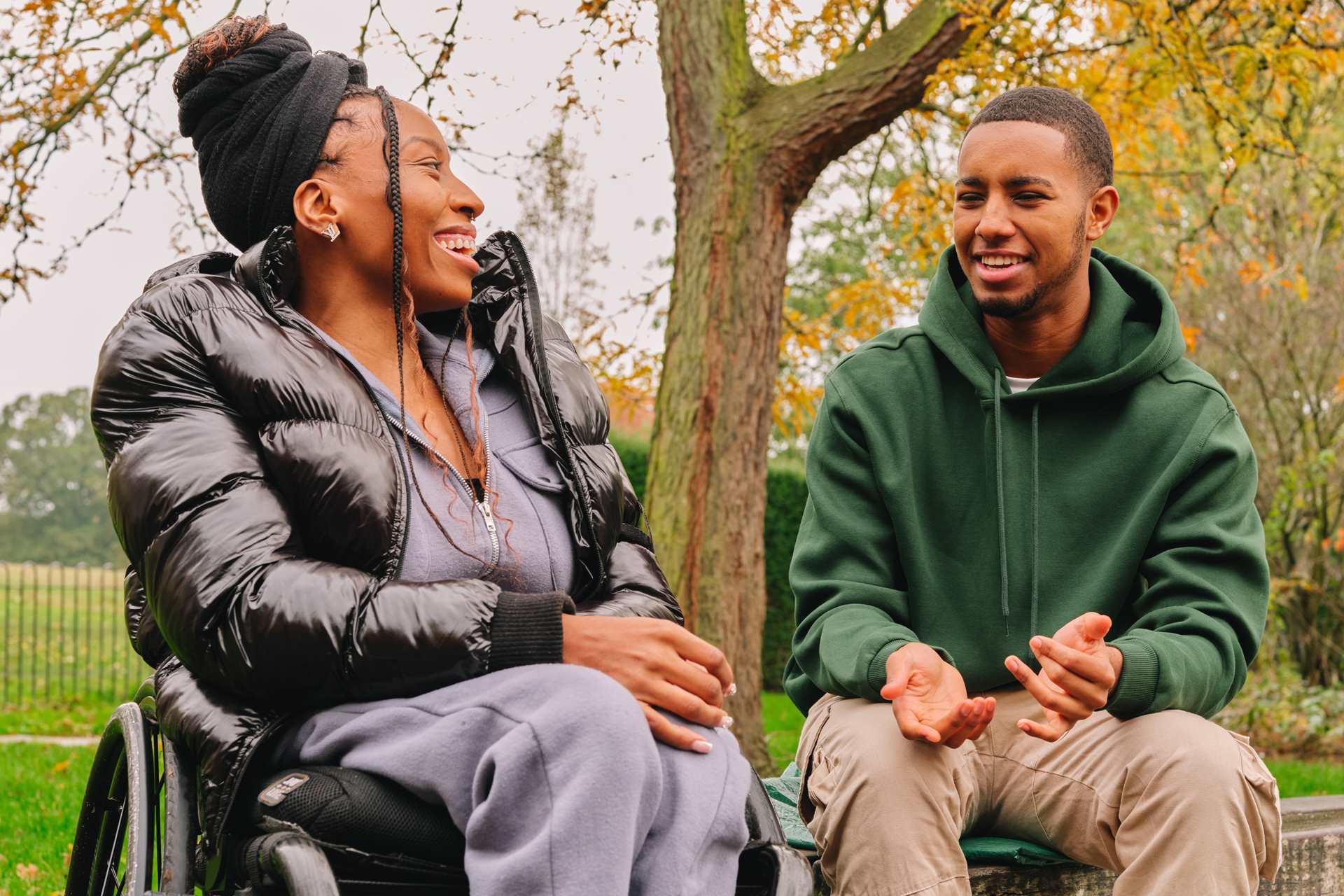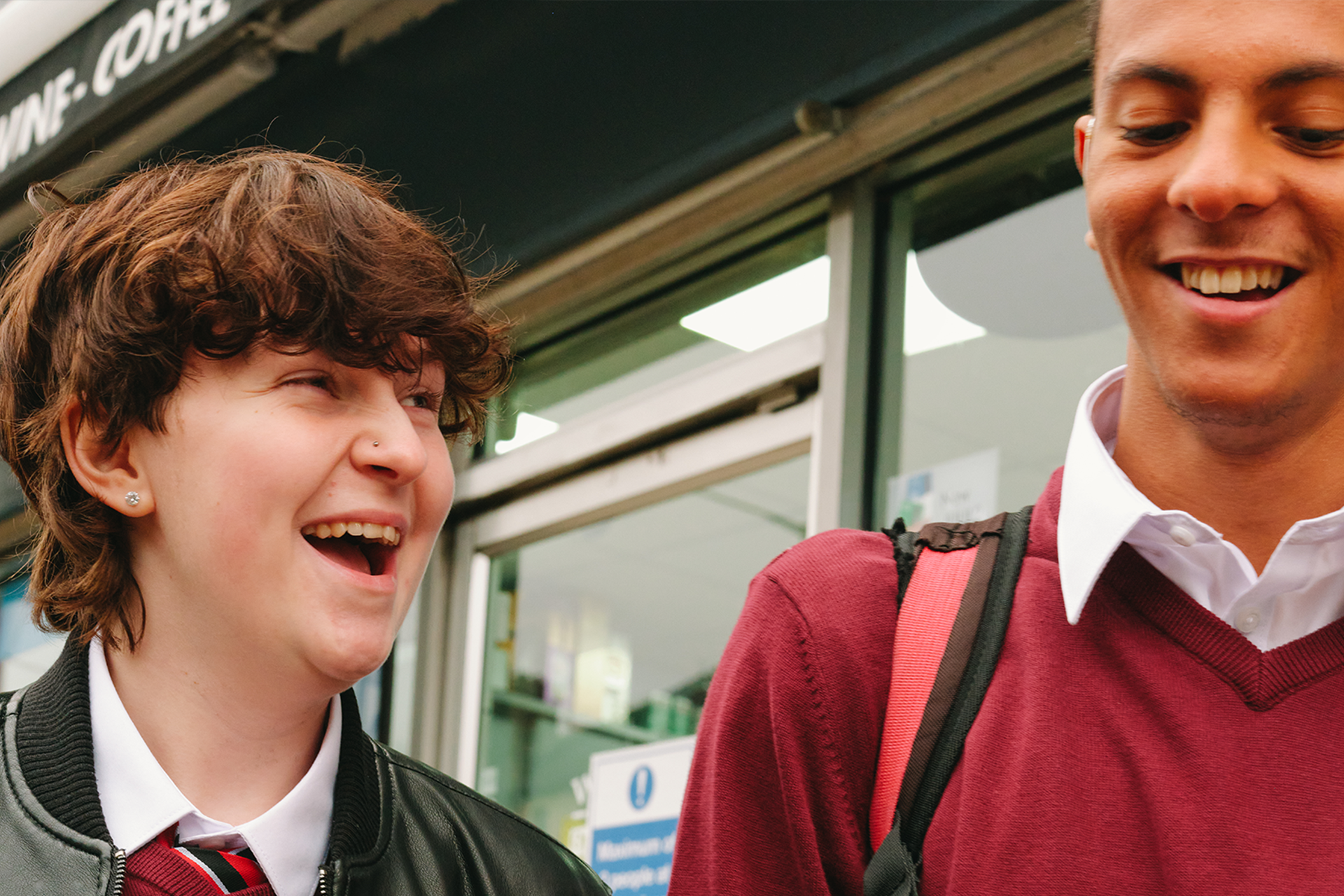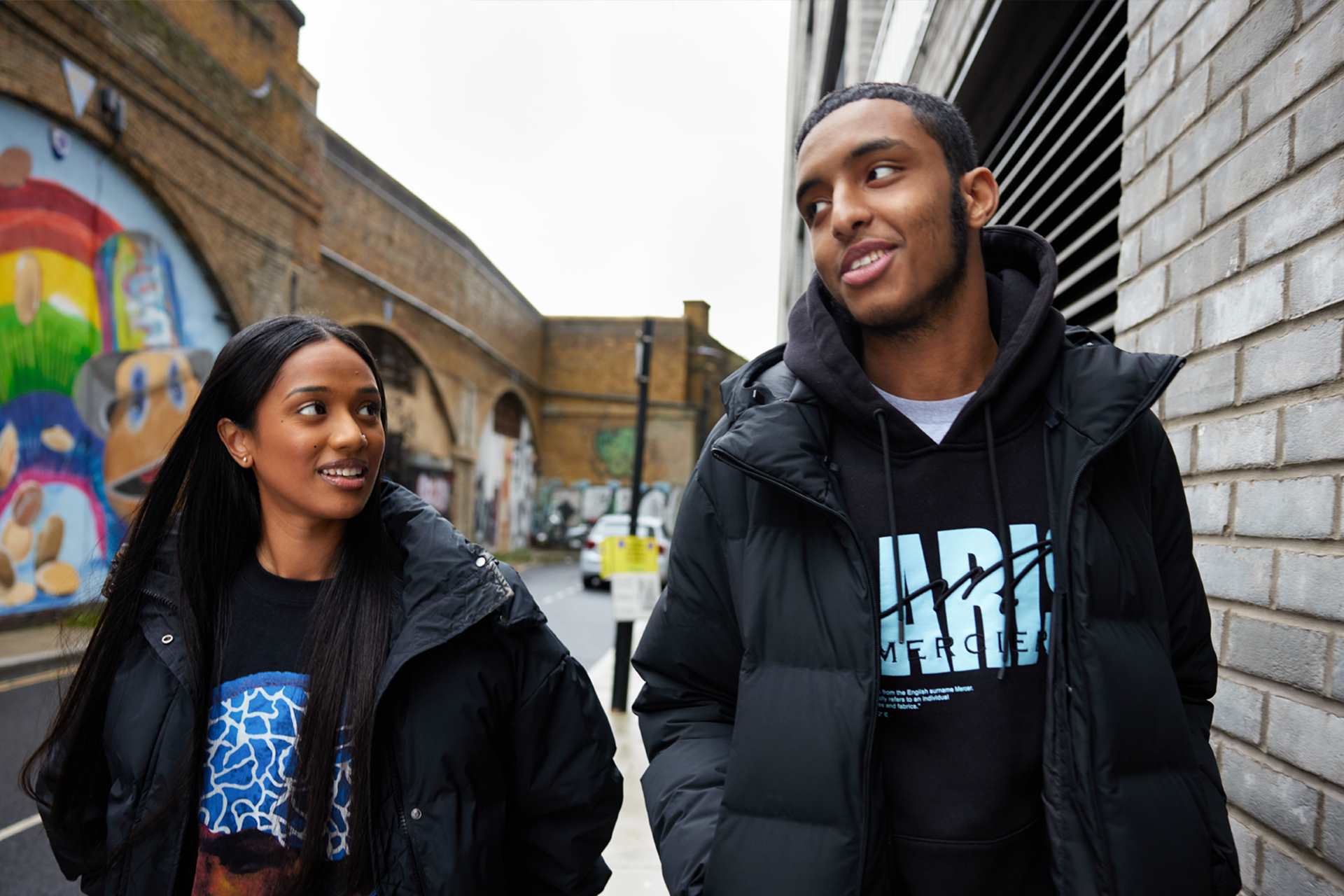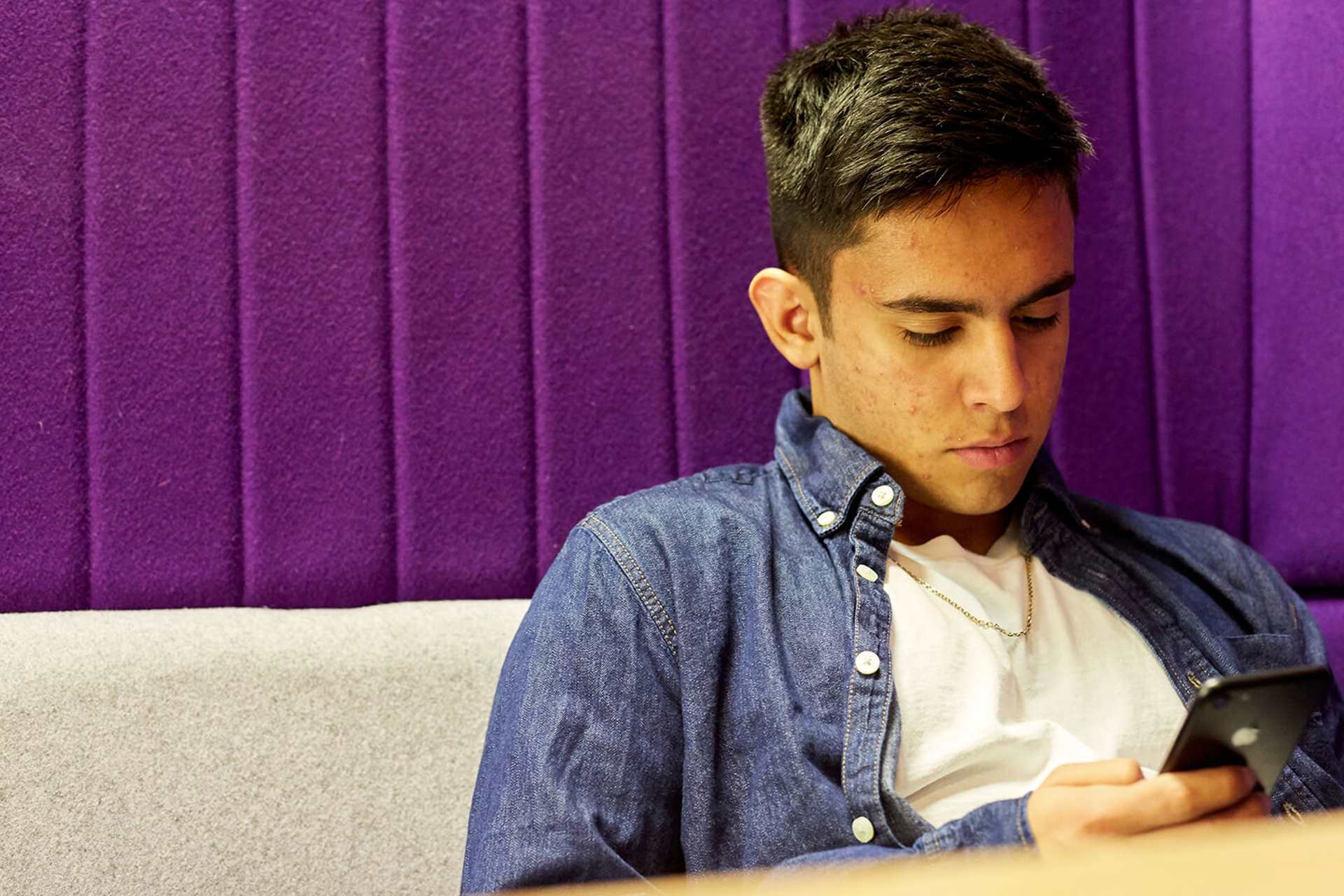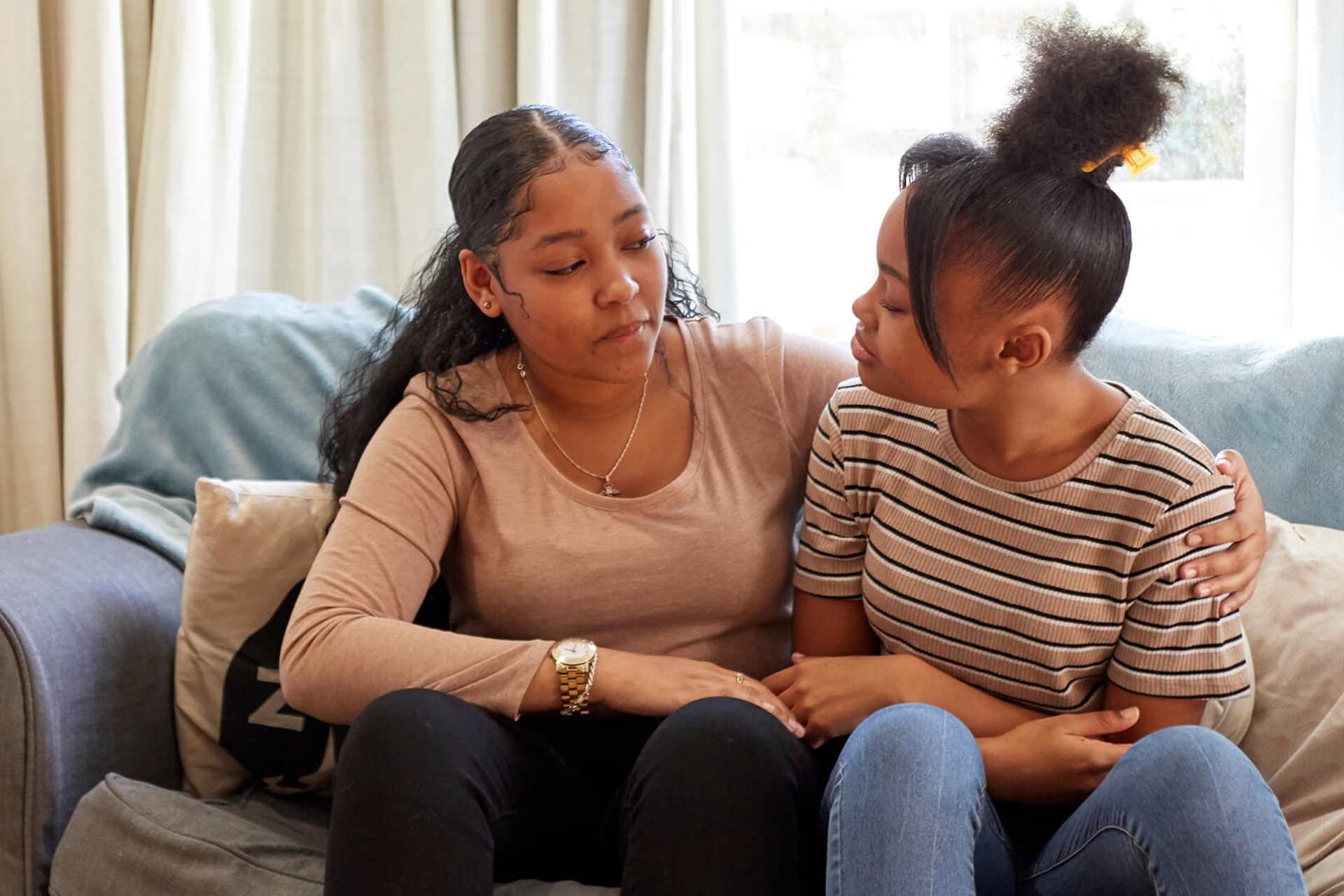Topics mentioned: Autism, ADHD, problems at school
About: Hassnat shares his experiences with mental health and neurodiversity, from challenges at school and throughout lockdown, to finding effective coping strategies.
My mental health has had a huge impact on my life, and writing this blog wasn’t easy, but I hope my story can help others see that they are not alone. The amount of teardrops during the writing of this blog is a testament to how much it means to me.
Ever since I can remember I was always known as the “lost kid” and the “daydreamer”. I’ve always found it challenging to maintain friendships and fit in. I was always either the silent one, or the one who always asked questions. Even sometimes the annoying one, as I would indulge in one-sided conversations and jokes with peers. I always struggled doing things that my peers did with ease, like motor co-ordination, and I always felt anxious for no reason.
Navigating school with social anxiety
The transition to high school was challenging. I was that socially anxious at the beginning, I would be too scared to go to the shops before and after school alone. I would switch friendship groups often and even hide in the toilets at break to avoid socialising. My struggle to navigate my way through school led to me misbehaving in class and irritating other children, with my mother receiving multiple calls weekly. I remember at parents evening, teachers stated things such as: “he will go nowhere in life”.
My mother sacrificed her life to ensure her kids got the best upbringing. My mum has been taking me to CAMHS ever since I was nine all the way until I was 19, because she always felt there was something a bit different about me and knew I was struggling at school. She made every effort to take me to different services and was so worried about me.
How my mental health impacted my behaviour
When I was 14, I was diagnosed with ADHD. I also had an autism assessment, where I wasn’t diagnosed, but was diagnosed later on. My mother confronted school for being unresponsive to my needs, and my behaviour and grades in school got worse and worse. It was also my behaviour at home that was an issue, because my obsession to fit in with my peers was so desperate, and I didn’t know how to channel that anguish. I was unaware how my behaviour affected others (a symptom of ASD). My behaviour was terrible at home and it really impacted my mother’s mental health too.
I remember after a series of bullying and struggles to navigate my way through school and peer dynamics, I gave up on wanting to fit in and be liked by my peers. My interests then changed to studying. However, my efforts would be almost futile, as I would spend hours revising, only to struggle with revision, as it’s impossible for me to process things outside my interests to a high degree.
Loneliness and anxiety during lockdown
I then went to college, and inevitably soon dropped out, due to my learning differences. I was planning to try to find work while I put studying on hold. But then… COVID-19 came to join the party. Lockdown only made things worse from there on. My loneliness, anxiety and mental health all spiralled out of control. I saw everyone around me moving on in life, while I was struggling to find my feet. I couldn’t understand why this was happening to me.
My anxiety, having no sense of direction, and feeling confused were so unbearable for me that my behaviour spiralled out of control. It was erratic. I experienced suicidal thoughts for weeks on end, I would shout and scream, and break objects in my house, and be violent towards my family. My mum called the police on multiple occasions because of my behaviour and I went to A&E several times. My behaviour was built up over years of anguish and COVID made it all implode.
How things got better
As COVID restrictions eased, services opened up again and my mental health improved. I started to develop a routine of exercising (I can’t emphasise how important exercise is) which really helped with my mental health. I started learning more about autism and it felt like I’d finally discovered what my struggle was after all these years. I better understood how to deal with my issues and live my life accordingly to my ASD. I have been referred to an autism group therapy which helps, and a mental health nurse comes and visits me weekly to help me with my condition.
There’s also a video about Paddy Mcguiness and his wife about how autism affected them.
To anyone reading this, no matter how hopeless things may be, just keep trying and eventually there is light at the end of the tunnel, like my situation. If me or my family would have given up, things would be a lot worse than they are now.
More information and advice
We have tips and advice to help you find the support you need. Take a look at our guides.
Where to get help
However you're feeling, there are people who can help you if you are struggling. Here are some services that can support you.
-
Samaritans
Whatever you're going through, you can contact the Samaritans for support. N.B. This is a listening service and does not offer advice or intervention.
- Opening times:
- 24/7
